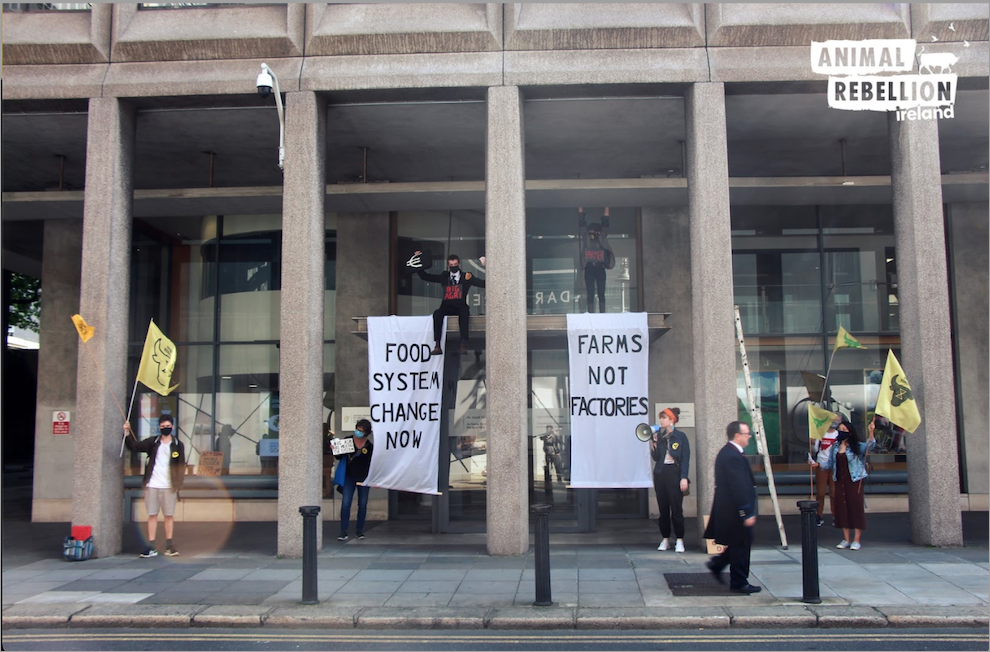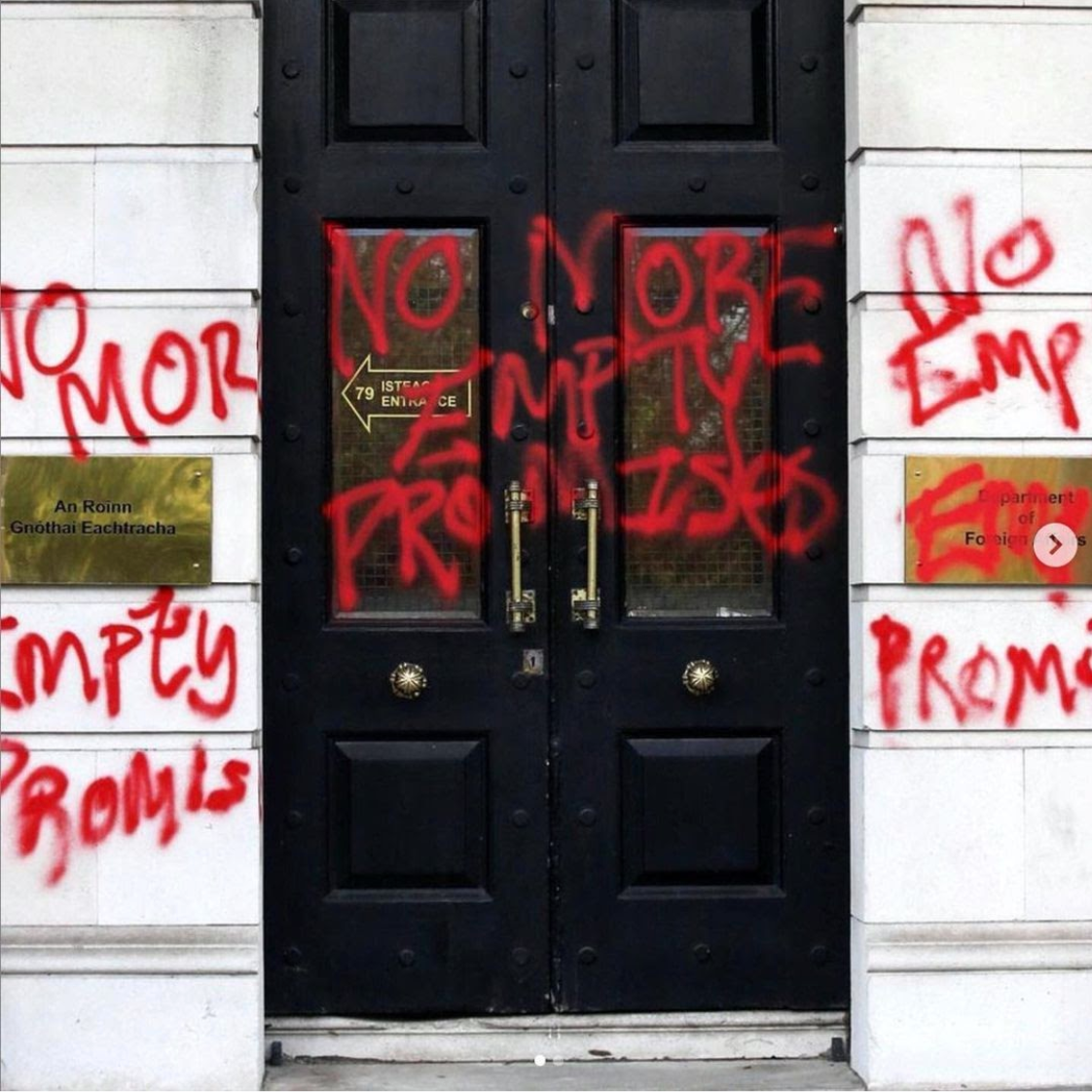Oxford Hub, a local social action charity, is actively seeking applications for the newest round of its biannual Social Enterprise Awards. All Oxford University students and staff are eligible to submit ideas for a social enterprise benefiting Oxfordshire, with winners receiving up to £1,000 for their proposed project. Additional support includes office space, networking and community, publicity, and Amazon Web Service credits.
The Social Enterprise Awards, co-run with the University’s Research Services, have supported over 40 social impact projects since 2013, with a stated goal of supporting individuals and teams to “take action and make the world a better place” through building businesses with a social purpose.
Applicants can choose to apply to one of two Award categories depending on which stage their enterprising idea is in. The Try It Award, which awards up to £500, enables applicants to test out ideas, even fledgling ones, on a small scale. The Do it Award, which provides funding of up to £1,000, supports the expansion of projects that have already been tested and proven viable, with an eye to the ventures’ future financial sustainability. Applicants for the latter Award are advised to provide accompanying evidence such as financials, a business plan, and evidence of partnerships or a customer base.
“The Social Enterprise Awards reward creativity and risk-taking”, responds Eliza Harry, Placements Officer at Oxford Hub, when asked about what makes the Awards unique. Harry, identifying risk-averse tendencies arising from perfectionism as prevalent among university students, sees the Awards as an “antidote” to these tendencies that encourages students to “be bold, test out ideas, and embrace failure as an opportunity for learning.”
The Awards have funded a diverse range of initiatives that run the gamut from soap recycling to eco-friendly nappies for local families. Past awardees include the well-known Common Ground Café & Social Workspace, sustainable eating-proponent Carbon Codes, Uncomfortable Oxford, which scrutinises overlooked inequalities and injustices embedded in Oxford history through guided tours, Onyx Magazine, which celebrates Black creatives, and LegalMe, a tenancy dispute resolution platform.
Students and staff participating in the scheme have been able to “progress rapidly with their ideas and businesses” with the support and funding offered by Oxford Hub, Harry says. Social enterprise Carbon Codes, which uses price discounts to incentivise sustainable eating, was able to set up an Android app and website with the help of a Do It Award. A representative at the environmental startup also notes how Oxford Hub “provided us with connections and resources to help increase our knowledge base as well suggestions for potential partnerships”, including Oxford Hub’s own non-profit refill shop, OxUnboxed, located in its Little Clarendon Street office.
Past winners of the Social Enterprise Award have scaled up their operations since receiving support from Oxford Hub. Winning the Award allowed the Oxford Accessibility Project (OAP) to build the first online accessibility guide for all Oxford colleges and permanent private halls. The work of the OAP has since then morphed into SociAbility, an app that maps the accessibility of social venues and facilities through crowdsourcing information.
Applications for the current round of Social Enterprise Awards close on the 29th May 2021 at 12pm, with results announced within two weeks of the deadline. A panel of University and community experts will review applications, and all applicants will receive feedback, regardless of whether they win an award.
Oxford Hub has offered on its website a guidance document that breaks down the application process, as well as free advice sessions helping applicants tailor their idea to the Awards and providing application advice. Oxford Hub strongly encourages applicants to book a session by reaching out to Eliza Harry at [email protected].
The advice sessions are not the only opportunities for interested students and staff to finetune their application before the application deadline. Oxford Hub will be hosting a launch event for the Awards via Zoom on 10th May from 5-6pm BST, where prospective applicants can learn about applying to the Awards and engage in a Q&A session with a member of the judging panel.
From 21st to 23rd May, Oxford Hub is also running the Innovate for Oxford Competition, open to Oxford University staff and students. The competition, which awards £300 for the winning team to set up its idea, will include a morning workshop on techniques of fast innovation and behaviour change principles that those interested in the Social Enterprise Awards can benefit from.
Founded in 2008 by Oxford University students, Oxford Hub aims to make the city a more equal place by helping individuals thrive, building relationships, increasing community participation, and creating systemic change. It focuses on cultivating meaningful relationships between people and organisations.
Oxford Hub’s wide range of programmes support children, young people, families, migrants, older people, and vulnerable residents in Oxford’s regeneration areas. Since the start of the COVID-19 pandemic, Oxford Hub has also been coordinating Oxford Together, an ongoing community response volunteer effort.
Image Credit: Oxford Hub






